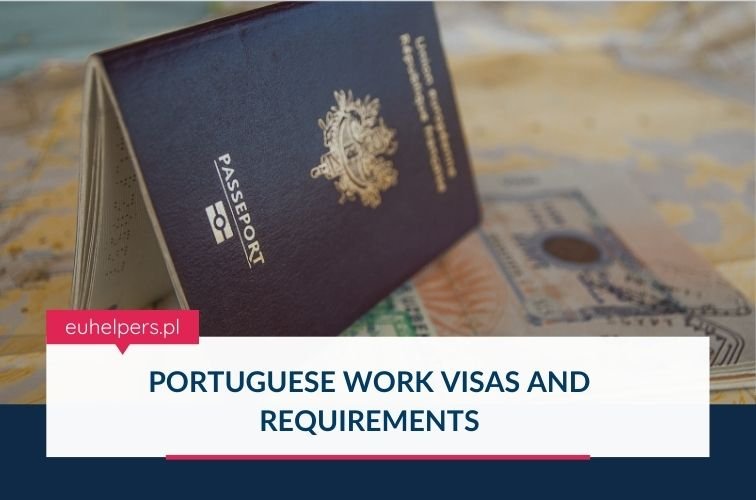
For non-EU citizens, including individuals from countries such as Tunisia, the Philippines, Sri Lanka, and Cameroon, obtaining a Portuguese work visa is a crucial step toward working legally in Portugal. The process involves meeting several requirements and following a structured application procedure. This article provides an overview of the types of Portuguese work visas and the steps required to secure one.
Eligibility Criteria for a Portuguese Work Visa
To qualify for a Portuguese work visa, applicants must meet the following conditions:
1. Job Offer in Portugal
Applicants need to secure a valid job offer from an employer based in Portugal. Before extending the offer, the employer must advertise the vacancy for at least one month. This ensures that Portuguese or EU citizens have the first opportunity to apply, in line with local labor regulations.
2. Employer-Sponsored Work Permit
The employer is responsible for initiating the work permit application on behalf of the foreign employee. This application is submitted to the relevant Portuguese labor authorities for approval.
Exemptions from Work Visa Requirements
Citizens of EU/EEA member states or Switzerland do not require a work visa to be employed in Portugal. However, if they plan to reside in Portugal for more than three months, they must apply for a residence permit, known as a Certificado de Registo.
Navigating the process of obtaining a Portuguese work visa requires thorough preparation, especially for non-EU citizens. By understanding the requirements and working closely with a Portuguese employer, applicants can ensure a smooth transition to employment in this vibrant and welcoming country.
